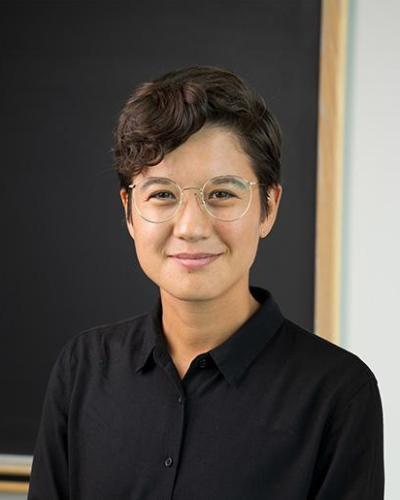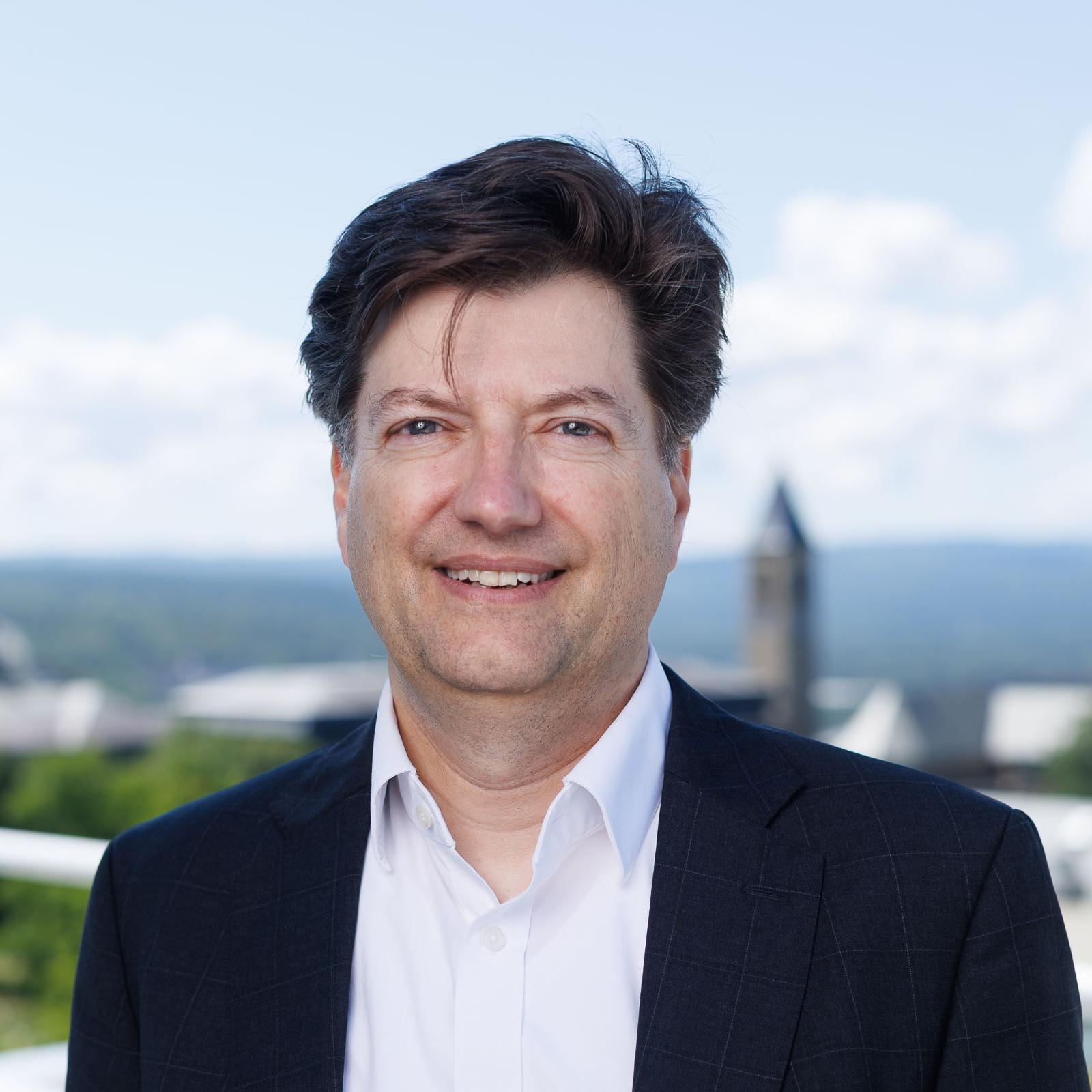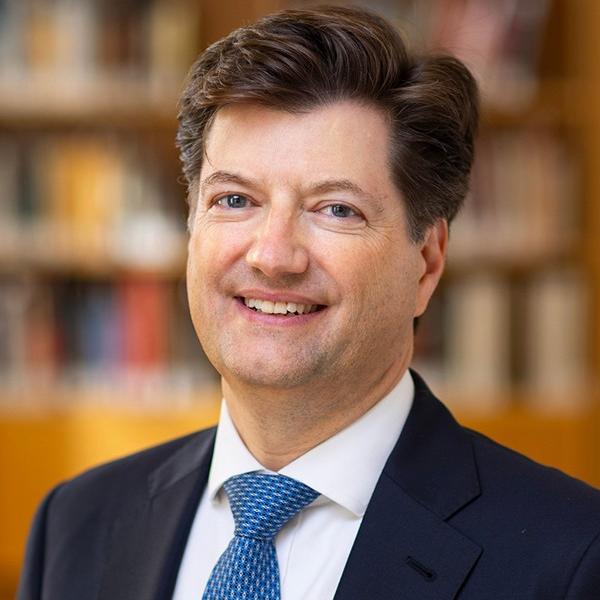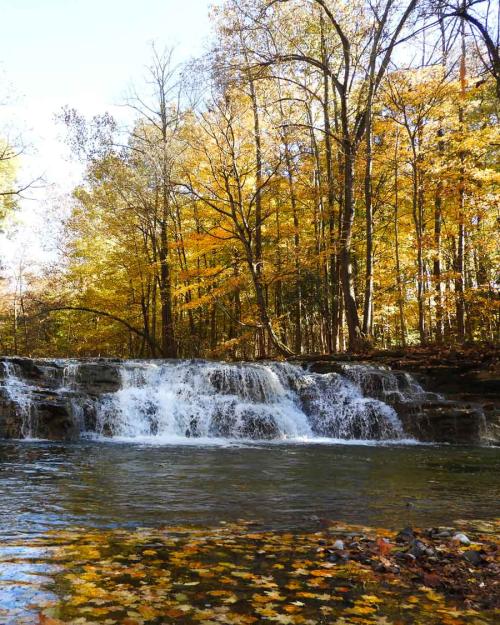Cornell’s Society for the Humanities will kick off its 2022-23 theme of “Repair” with a community read of “The Gayogo̱hó꞉nǫɁ People in the Cayuga Lake Region. A Brief History” by Kurt Jordan, associate professor of anthropology in the College of Arts and Sciences.
The Sept. 23 event will take place from 3:30 to 5 p.m. in the Rhodes-Rawlings Auditorium, Klarman Hall, and will be followed by a reception. Speakers will include: Sachem Sam George (Gayogo̱hó꞉nǫɁ Cayuga Nation), Steven Henhawk (Gayogo̱hó꞉nǫɁ language teacher and historian), Jolene Rickard (Ska:rù:rę'/Tuscarora, associate professor of art and history of art in A&S) and Jordan. Find more information on the Cornell Events Calendar.
“The Society for the Humanities thought there is no better way to kick off the year of Repair, than to begin at home: the land Cornell occupies and the deep history – and dynamic present – of the Gayogo̱hó꞉nǫɁ that we know so little about or, worse, actively ignore,” said Paul Fleming, the Taylor Family Director of the Society for the Humanities and the L. Sanford and Jo Mills Reis Professor of Humanities (A&S.) “Kurt Jordan’s book offers the perfect opportunity to begin, in a small way, to rectify this by bringing Indigenous experts and the Cornell community together.”
Jordan’s 80-page book covers the Indigenous presence in the region from the last Ice Age 13,000 years ago to events that took place in August 2021. He consulted with members of the Gayogo̱hó꞉nǫɁ community and references their oral histories in the book.
The book is part of the Tompkins County Historical Commission’s series on county history.
“It’s vital that residents of the Cayuga Lake region learn about the history and come to understand current events,” said Jordan, also director of the American Indian and Indigenous Studies Program (AIISP) in the College of Agriculture and Life Sciences. “This area is also unfortunately a quite typical example of how Indigenous history has been treated — information on Indigenous peoples across the continent has been broken up, distorted, obscured or even deliberately erased, and lots of work needs to be done to repair that situation.”
Participants should read the book in advance and come to the Sept. 23 event with any questions they might have. Free copies of the book are available at the A.D. White House (121 Presidents Drive), the American Indian and Indigenous Studies Program (482 Caldwell Hall) and the History Center, downtown on the Ithaca Commons.
Each year, the Society for the Humanities organizes its work around a theme that cuts across disciplines and fields. This year’s theme of Repair “invites reflection on how things fall apart and thus on how objects, relations and histories are made, as well as how they can be re-made, made differently.”
Lucinda Ramberg, associate professor of anthropology (A&S) and a member of the Society’s Humanities Council, proposed the theme of “repair” to the council. “Our conversations through this theme have led us into some real ethical and philosophical depths across fields and time,” she said.
After selecting the theme, the Society issues a call for visiting scholars who want to research and teach at Cornell for the year as Society for the Humanities Fellows.
This year’s external fellows and their research topics are:
- Kevin T. Duong, politics, University of Virginia, “Marx and Freud in Harlem: The Lafargue Clinic and the Economics of Psychiatric Care”
- Carla Hung, anthropology, University of North Carolina, Asheville, “Trafficking in Hospitality: Misgivings Over Communal Care Amongst Eritrean Refugees”
- Tamta Khalvashi, anthropology, Ilia State University, “Reparative Spaces: Affects and Affordances of Brokenness in Urban Georgia”
- Jung Joon Lee, theory and history of art and design, Rhode Island School of Design, “Queer World-Making in Asian and Asian American Art: On Reparative Kinships”
- Susan Stabile, English, Texas A&M University, “Salvage”
The society also hosts a number of additional fellows and associates each year: Society for the Humanities Faculty Fellows (open to Cornell faculty); Mellon Graduate and Postdoctoral Fellows; and HSP Postdoctoral Associates. Detailed information about all of the fellows is available on the Society’s website.
Arts and Sciences faculty who have been named faculty fellows for this academic year include:
- Jon Parmenter, associate professor of history, “A Speculative Vision: Cornell University's Origins in Indian Country”
- Juno Parreñas, assistant professor of science and technology studies and feminist, gender and sexuality studies, “Triage for a Sick Planet: Reparative Human-Animal-Environmental Relations After Colonial Exploitation”
- Kelly Presutti, assistant professor of history of art and visual studies, “Terroir after the Terror: Landscape and Representation in Nineteenth-Century France”
- Imane Terhmina, assistant professor of Francophone studies in the Department of Romance Studies, “Bureaucratic Affairs: Violence, Justice, and Reconciliation in African Francophone Literature”
“Society Fellows provide a unique opportunity to concentrate fully on one’s research,” Fleming said, “while benefiting from all the extraordinary resources Cornell offers, particularly its library, archives and fellow scholars. Collectively, the Fellows and postdocs bring new ideas to campus, teach our students in small, experimental seminars and amplify the importance of the humanities in taking on core problems of society such as repair.”






